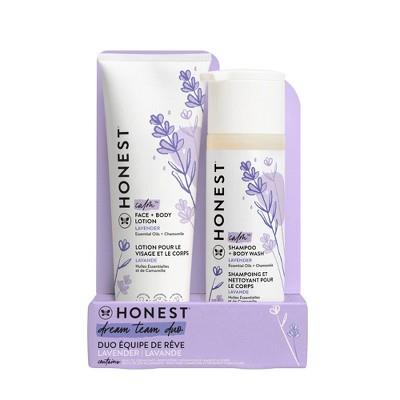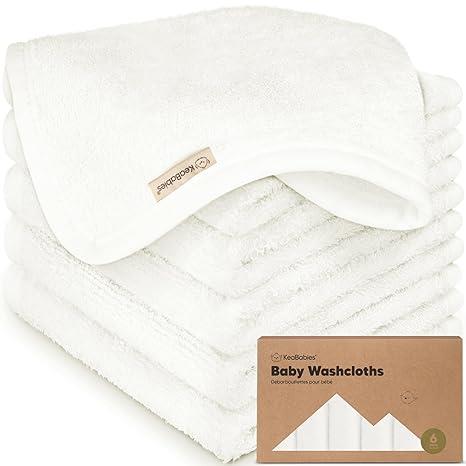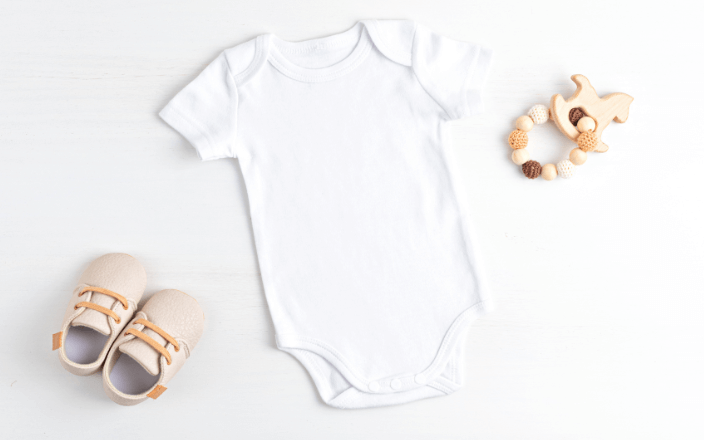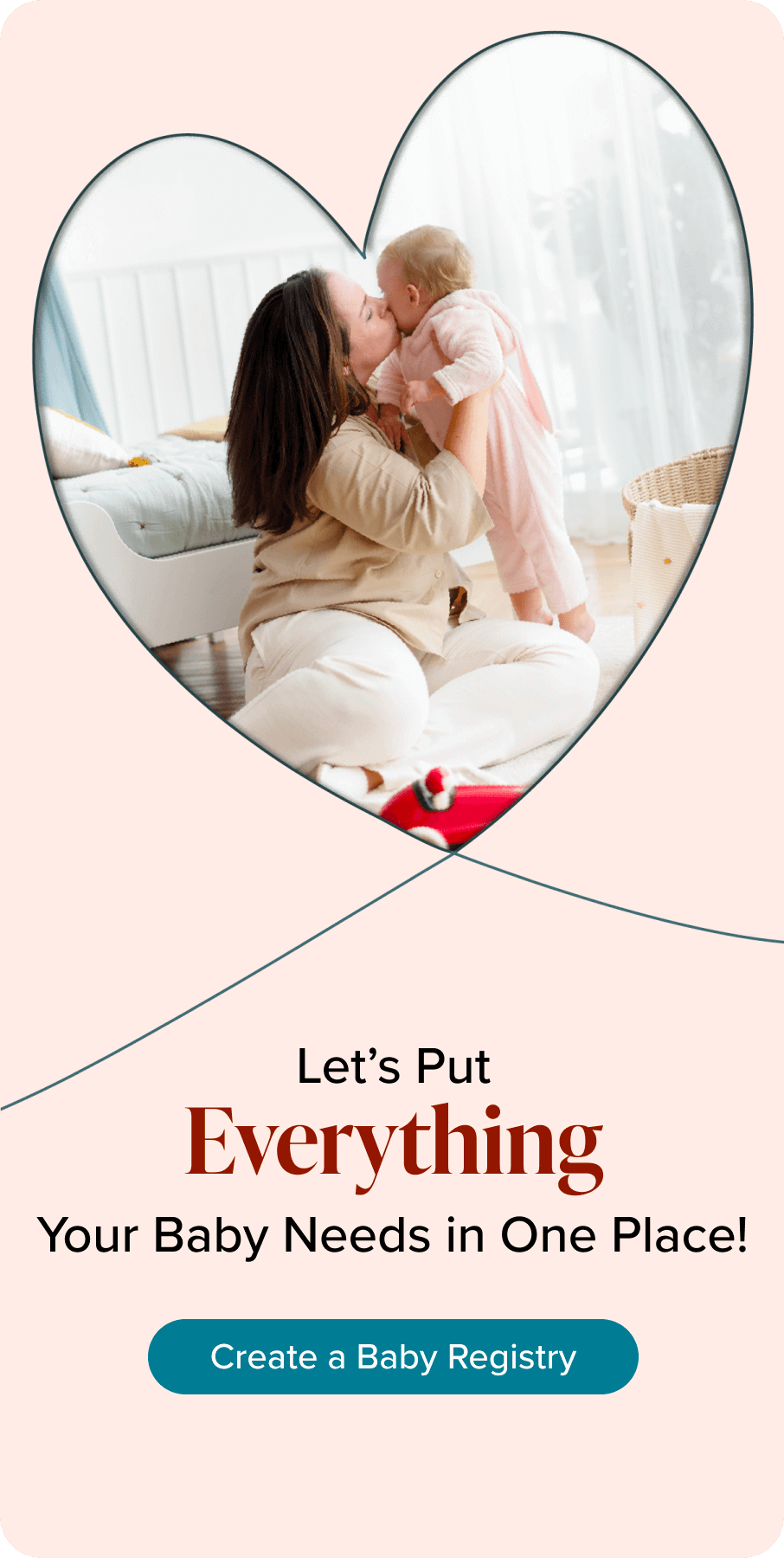Today’s parents are increasingly looking beyond cute patterns and convenience when preparing for their little one’s arrival. A growing movement prioritizes sustainability alongside safety and functionality when building baby registries. From organic fabrics to products designed to reduce waste, creating an eco-conscious baby registry is now more accessible and stylish than ever before.
This shift reflects a broader understanding that our choices for our children impact not just their immediate health but also the world they’ll inherit. The good news? Sustainable baby products have evolved far beyond the limited, often drab options of the past. Today’s eco-friendly baby essentials combine environmental responsibility with beautiful design and practical functionality.
Organic Clothing and Swaddles
Starting with what touches your baby’s skin most is a natural priority for eco-conscious parents. Conventional cotton is one of the most pesticide-heavy crops grown today, making organic alternatives particularly important for sensitive newborn skin.
- GOTS-Certified Onesies and Pajamas
The Global Organic Textile Standard (GOTS) certification ensures fabrics meet rigorous environmental and social criteria throughout production. Look for sleepwear and everyday clothing basics with this certification to ensure they’re truly organic and produced under fair working conditions. Brands like Burt’s Bees Baby and Pact offer adorable options that are gentle on both your baby and the planet.
- Organic Swaddle Blankets
Multi-purpose swaddle blankets made from organic cotton or bamboo can serve as swaddles, nursing covers, stroller shades, or impromptu changing pads. Companies like Aden + Anais and Solly Baby offer breathable, beautifully designed swaddles without harsh dyes or chemical treatments.
- Eco-Friendly Sleep Sacks
For safer sleep beyond the swaddling stage, look for sleep sacks made from organic fabrics or responsibly sourced wool. Woolino’s merino wool sleep sacks regulate temperature naturally and last through multiple size ranges, reducing the need for replacements as your baby grows.
Non-Toxic Feeding Products
Feeding supplies traditionally involve significant amounts of plastic. These greener alternatives offer safer, more sustainable options that stand up to daily use.
- Silicone Bottles and Bibs
Medical-grade silicone provides a flexible, durable alternative to plastic. Brands like Comotomo offer bottles that mimic the breast for easier transitions, while silicone bibs from companies like Mushie catch messes and rinse clean without harsh detergents.
- Glass Baby Bottles
Though heavier than plastic alternatives, glass bottles are free from chemicals like BPA, BPS, and phthalates. Many come with protective silicone sleeves to prevent breakage. Life Factory and Avent both offer high-quality glass options that last through multiple children.
Stainless Steel Snack Containers
As your baby grows into a snacking toddler, stainless steel containers eliminate the need for disposable bags and plastic containers. Look for options from PlanetBox or LunchBots that grow with your child from first purees to school lunches.
Sustainable Diapering Options
The average baby will go through approximately 6,000 diapers before potty training. This category represents one of the biggest opportunities to reduce your family’s environmental footprint.
- Cloth Diaper Starter Kit
Modern cloth diapering systems are far easier than what previous generations used. All-in-one or pocket diapers from brands like Bumgenius or Grovia simplify the process with snap or velcro closures and machine-washable designs. Include a wet bag for storage and diaper sprayer for easy cleanup on your registry.
- Compostable Disposable Diapers
For families not ready to commit to cloth, brands like Dyper and Eco by Naty use biodegradable materials and avoid chlorine bleaching and fragrance. Some companies even offer composting services to ensure diapers break down properly instead of languishing in landfills.
- Reusable Wipe Sets
Cloth wipes paired with a gentle, natural solution eliminate thousands of disposable wipes. Simple cotton cloths work well, or look for specialized baby wipes from companies like Marley’s Monsters that are designed for gentle cleaning and easy laundering.
Toys and Gear Made to Last (and Break Down)
Baby gear often becomes obsolete quickly as children grow. Choosing items made from sustainable materials ensures they won’t persist in landfills for centuries.
- Wooden or Silicone Toys
Skip the battery-operated plastic in favor of FSC-certified wooden toys from brands like Lovevery or Grimm’s. For younger babies, food-grade silicone teething toys from companies like Oli & Carol provide safe chewing options that can be fully sanitized.
- Non-Toxic Teethers and Pacifiers
Natural rubber pacifiers and teethers from companies like Natursutten or Hevea are biodegradable alternatives to plastic versions. They’re made from pure rubber tapped from trees, without added chemicals or artificial colors.
- Recycled or Recyclable Gear
Look for companies repurposing materials for new uses. Green Toys makes colorful playthings from recycled milk jugs, while brands like Bumbleride design strollers with fabrics made from recycled water bottles.
Baby Bath and Body Care with Clean Ingredients
What we wash and moisturize our babies with matters both for their health and waterway contamination.
- Organic Baby Lotion and Shampoo
Fragrance-free or naturally scented products from brands like California Baby or Earth Mama avoid synthetic fragrances and harsh preservatives. Look for short ingredient lists featuring recognizable plant-based components.

- Refillable or Minimal-Waste Packaging
Companies like Plaine Products offer aluminum bottles with refill programs, while solid shampoo and lotion bars from brands like HiBAR eliminate packaging waste entirely. Some local health food stores also offer bulk refill stations for baby care basics.
- Bamboo Washcloths and Towels
Bamboo fabric offers exceptional softness while using less water to produce than conventional cotton. Its naturally antimicrobial properties make it ideal for baby bathing accessories that need to dry quickly between uses.

Brands That Prioritize Sustainability
Some companies have built their entire business model around environmental responsibility, making it easier to choose wisely.
Favorite Green Baby Brands
- Finn + Emma: Organic cotton clothing and toys produced in fair-trade settings
- Bumbleride: Strollers and carriers made with recycled fabrics and responsible manufacturing
- Thinkbaby: Sunscreens and bath products free from harmful chemicals with minimal packaging
- Hello Bello: Affordable plant-based baby essentials available at major retailers
- Stokke: Furniture designed to grow with your child, reducing replacement needs
Where to Find Them
While some eco-friendly brands are available at major retailers, others are found primarily through specialty shops or directly from manufacturers. With a universal baby registry platform, you can add sustainable products from any online store, including small businesses, Etsy artisans, and local boutiques.
Build Your Eco-Friendly Baby Registry with MyRegistry.com
Creating a baby registry that reflects your environmental values doesn’t mean sacrificing quality or convenience. MyRegistry.com allows you to curate sustainable products from any retailer worldwide, mainstream stores, eco-boutiques, and even secondhand options. Their universal platform means you’re not limited to a single store’s selection when building a baby registry that’s as kind to the planet as it is to your new arrival.
By prioritizing sustainable choices from the start, you’re not just preparing for your baby’s arrival, you’re helping ensure the world they grow up in remains beautiful and resource-rich for generations to come.




